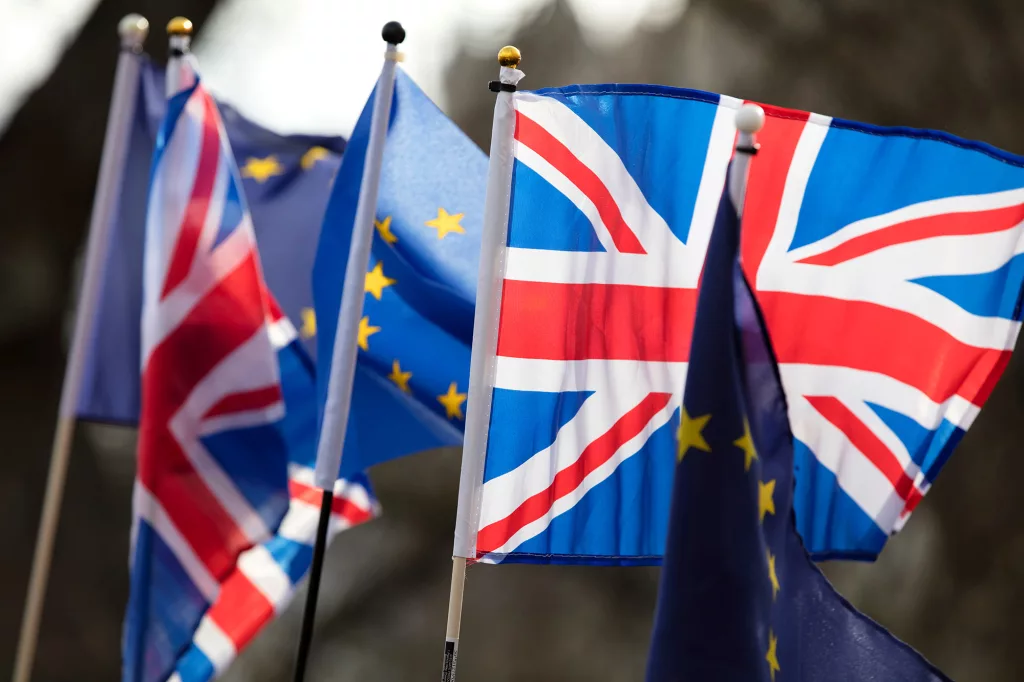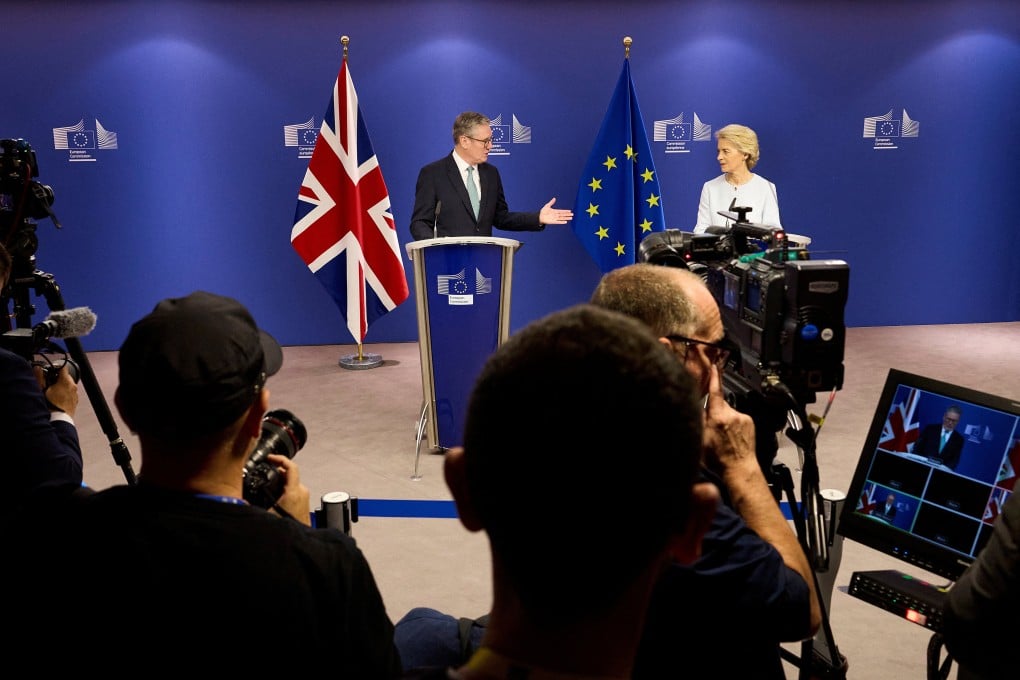
The conversation around the UK potentially rejoining the EU has gained traction in recent years. Public sentiment appears to shift in favour of EU membership. However, the path to rejoining is fraught with complexities and uncertainties. This blog aims to unpack the various concerns surrounding this issue.
Public Sentiment and Political Landscape
Recent polling shows a majority of the British public now believes Brexit was a mistake. And they would support the government to rejoin the EU. A significant portion of the population is also in favour of holding another referendum on EU membership. Despite this apparent shift in public opinion, the political landscape remains divided. The current Labour Party leadership, for instance, has committed to “making Brexit work” rather than reversing it, which complicates the prospect of a unified political push for rejoining.

Legal and Procedural Hurdles
One of the most significant barriers to rejoining the EU is the legal framework governing membership. The UK, having left the EU, is now classified as a third country and would need to undergo the full accession process outlined in Article 49 of the EU treaties. This process includes:
- Approval from the European Commission regarding the UK’s readiness to join.
- Extensive negotiations to ensure compliance with EU regulations.
- Agreement from all current EU member states and the European Parliament.
This means that rejoining would not simply be a matter of reversing Brexit; it would require a fresh application and a lengthy negotiation process.
Political Trust and EU Relations
The political relationship between the UK and the EU has been strained since the Brexit referendum. There are significant concerns within the EU about the UK’s commitment to the European project. Many EU leaders may question whether rejoining the UK would be stable and committed enough to avoid another exit in the future. This scepticism could complicate negotiations and the overall rejoining process.

Economic Considerations
Economic factors play a crucial role in the debate over rejoining the EU. Critics argue that many voters may only support rejoining if they believe it will improve their economic situation. The UK’s economy has lagged behind its EU counterparts since Brexit, leading to increased calls for a return to the single market. However, if the economy improves, public support for rejoining may wane, as voters might feel less urgency to change course.
Additionally, there are concerns about the financial implications of rejoining. The UK would likely not receive the same opt-outs it had previously, such as the rebate system, and would be expected to contribute significantly to the EU budget. This could be a contentious issue among voters who are wary of increased financial commitments.
The Euro and Common Debt
Another contentious issue is the potential requirement for the UK to adopt the euro. Historically, UK public opinion has been largely against joining the eurozone, and any suggestion that the UK might have to commit to this could deter support for rejoining. Furthermore, the question of liability for EU common debt could raise alarm bells among British voters. The EU has increasingly turned to common debt to finance various initiatives, and the prospect of the UK being responsible for this debt could be politically unpalatable.

A Complex Path Ahead
While the idea of the UK rejoining the EU is not impossible, it is clear that the journey would be complex and fraught with challenges. Legal, political, and economic hurdles must be navigated, and a significant shift in public and political sentiment would be necessary to make rejoining a reality. As it stands, the UK must address the trust deficit with the EU and build a national consensus on the benefits of rejoining before any serious discussions can take place.












